Boston Tea Party: coffee chain becomes first to ban disposable cups
‘We need to stop right now,’ says company’s owner ahead of total ban on takeaway cups
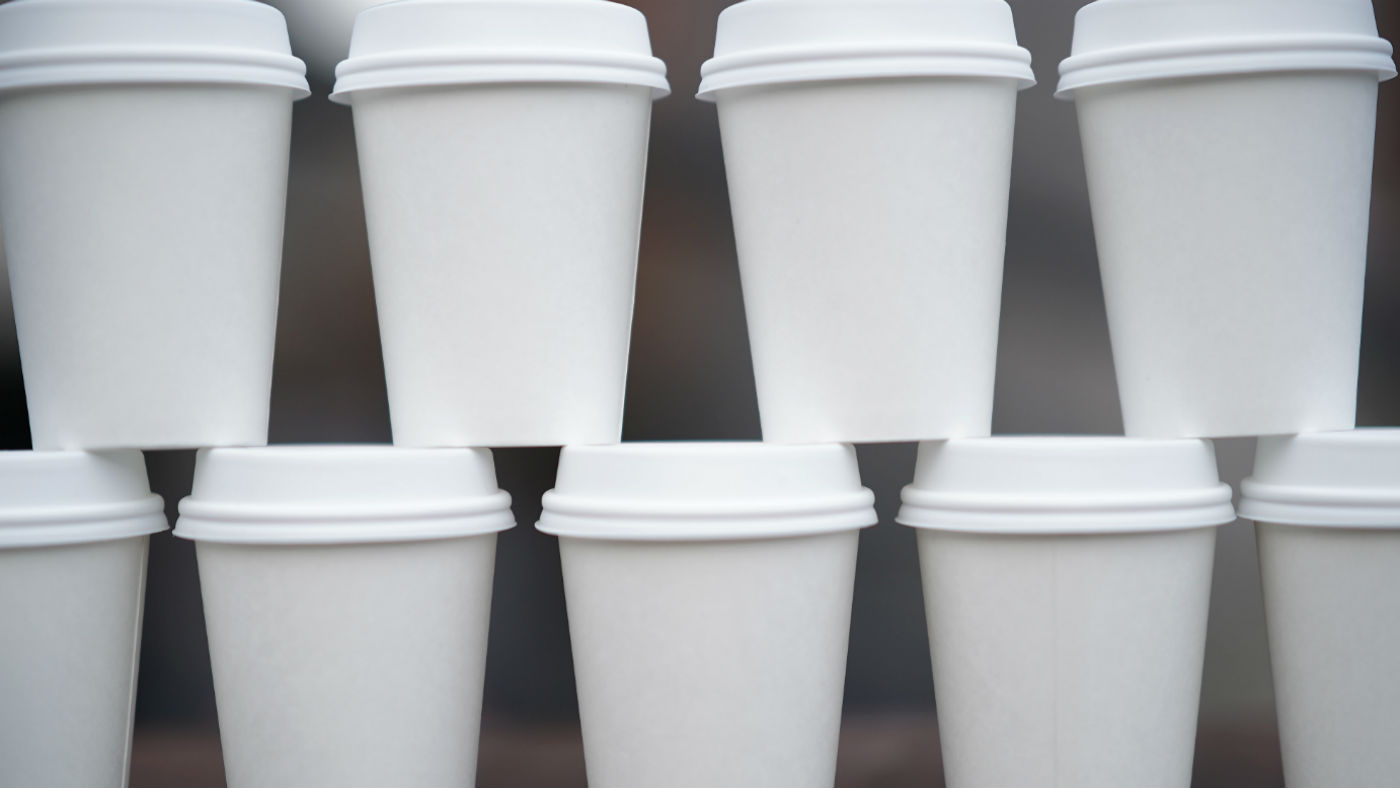
A free daily email with the biggest news stories of the day – and the best features from TheWeek.com
You are now subscribed
Your newsletter sign-up was successful
Independent coffee shop chain Boston Tea Party has become the first in the UK to ban disposable cups.
From 1 June, its 21 branches in south-west England and the Midlands will no longer offer single-use cups.
Customers who want to consume their beverage elsewhere will either have to provide their own reusable cups, purchase one with their order or “loan” one from the store for a returnable deposit.
The Week
Escape your echo chamber. Get the facts behind the news, plus analysis from multiple perspectives.

Sign up for The Week's Free Newsletters
From our morning news briefing to a weekly Good News Newsletter, get the best of The Week delivered directly to your inbox.
From our morning news briefing to a weekly Good News Newsletter, get the best of The Week delivered directly to your inbox.
The company had experimented with other measures to reduce the 300,000 disposable cups it was handing out every year, but their effect had been limited.
“Customers were previously offered a 25p discount on drinks if they brought their own cup, but only 2.8% of people took up the offer,” the BBC reports.
The move is likely to reduce the £1m the company brings in annually from takeaway hot drink sales, but Boston Tea Party owner Sam Roberts said drastic action was necessary and that he would have preferred to implement the change ever sooner.
“I'd stop tomorrow but I think it's only fair to give our loyal customers and fantastic team a month to get used to the idea,” he told The Independent.
A free daily email with the biggest news stories of the day – and the best features from TheWeek.com
Around 2.5 billion disposable cups are thrown away in the UK every year, but a lack of recycling facilities able to cope with their plastic content means that only 0.25% are successfully recycled.
Earlier this year, ministers floated the idea of a 25p “latte levy” on disposable coffee cups to encourage customers to invest in reusable cups, while Costa has announced an incentive scheme for waste collectors with the aim of recycling 500,000 cups per year by 2020.
“Lots of coffee chains are making pledges about how they plan to tackle cup waste in the future,” Roberts. “But theirs is a future which is too far away. We need to stop right now.”
-
 6 of the world’s most accessible destinations
6 of the world’s most accessible destinationsThe Week Recommends Experience all of Berlin, Singapore and Sydney
-
 How the FCC’s ‘equal time’ rule works
How the FCC’s ‘equal time’ rule worksIn the Spotlight The law is at the heart of the Colbert-CBS conflict
-
 What is the endgame in the DHS shutdown?
What is the endgame in the DHS shutdown?Today’s Big Question Democrats want to rein in ICE’s immigration crackdown
-
 The environmental cost of GLP-1s
The environmental cost of GLP-1sThe explainer Producing the drugs is a dirty process
-
 ‘Like a gas chamber’: the air pollution throttling Delhi
‘Like a gas chamber’: the air pollution throttling DelhiUnder The Radar Indian capital has tried cloud seeding to address the crisis, which has seen schools closed and outdoor events suspended
-
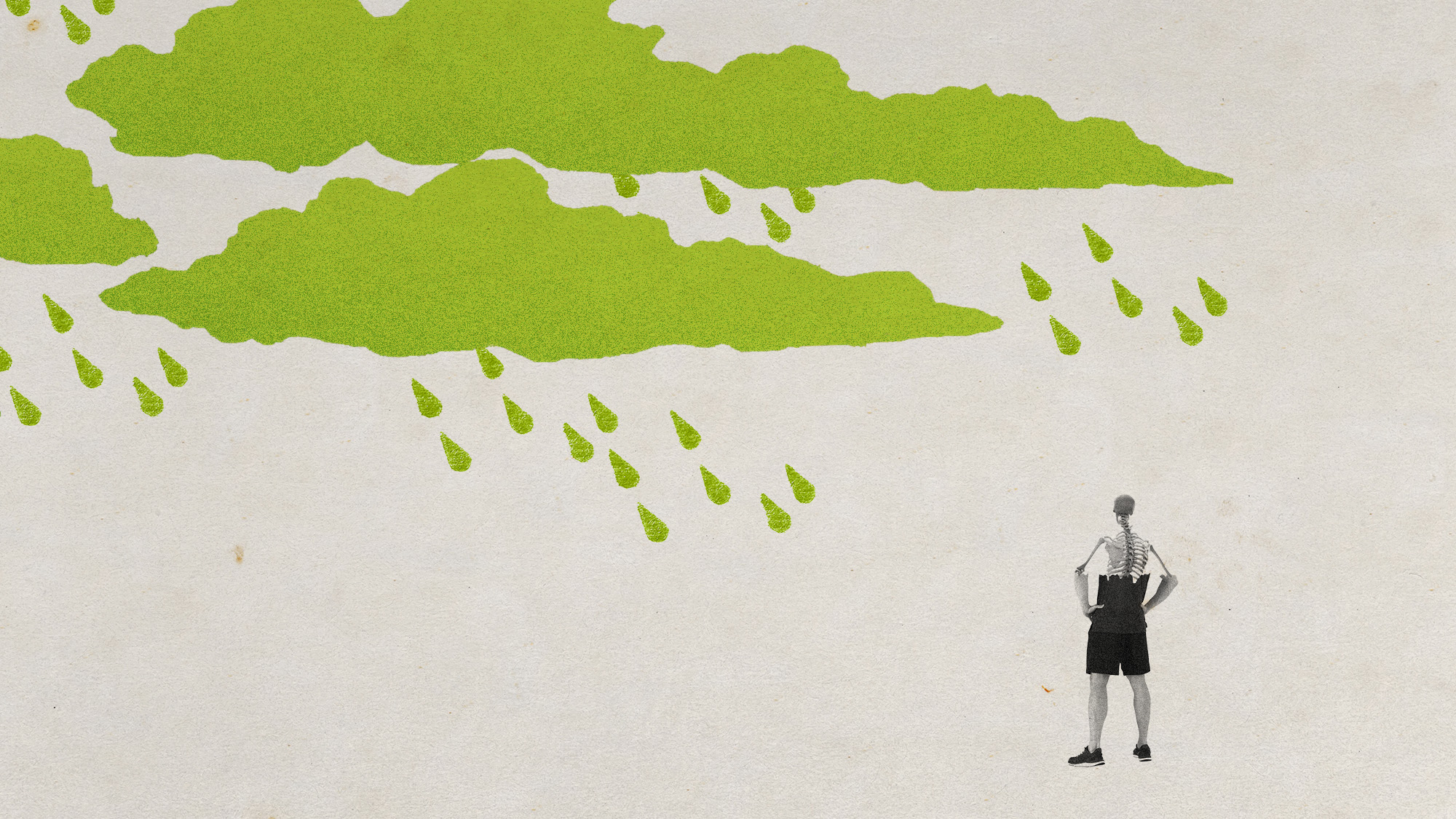 Acid rain is back: the sequel nobody wanted
Acid rain is back: the sequel nobody wantedUnder The Radar A 'forever chemical' in rainwater is reviving a largely forgotten environmental issue
-
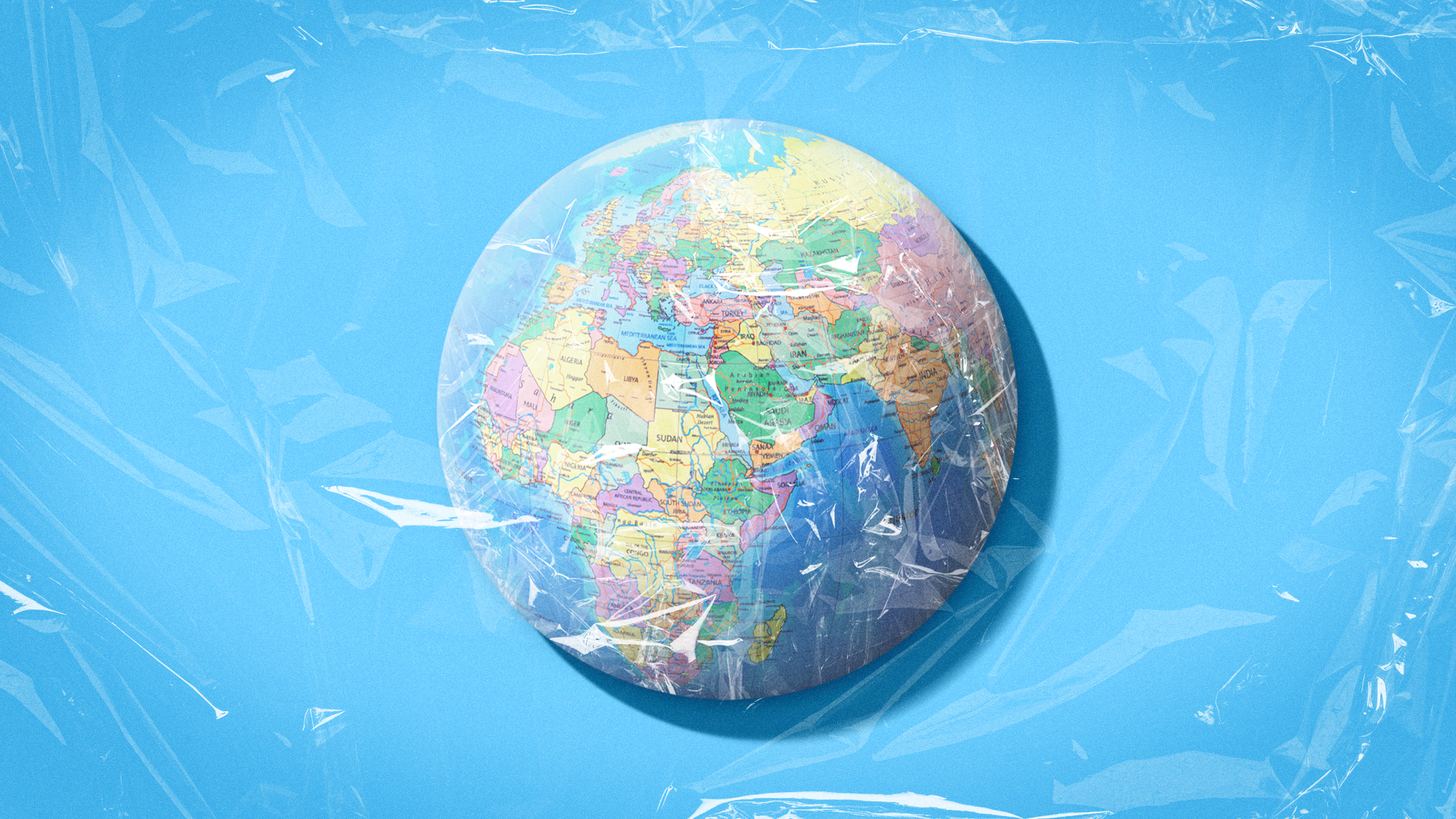 Why is the world so divided over plastics?
Why is the world so divided over plastics?Today's Big Question UN negotiations on first global plastic treaty are at stake, as fossil fuel companies, petrostates and plastic industry work to resist a legal cap on production
-
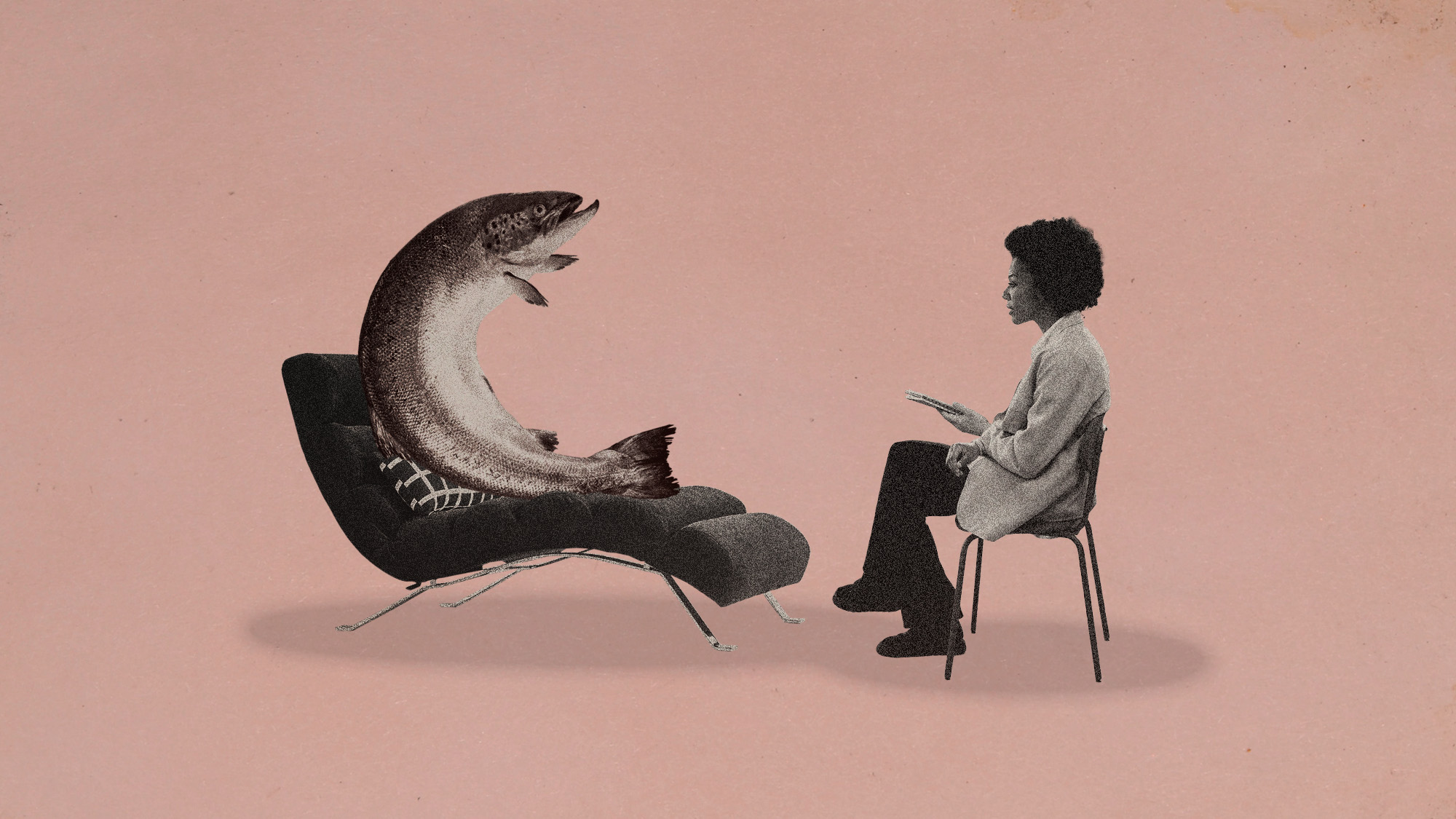 Anti-anxiety drug has a not-too-surprising effect on fish
Anti-anxiety drug has a not-too-surprising effect on fishUnder the radar The fish act bolder and take more risks
-
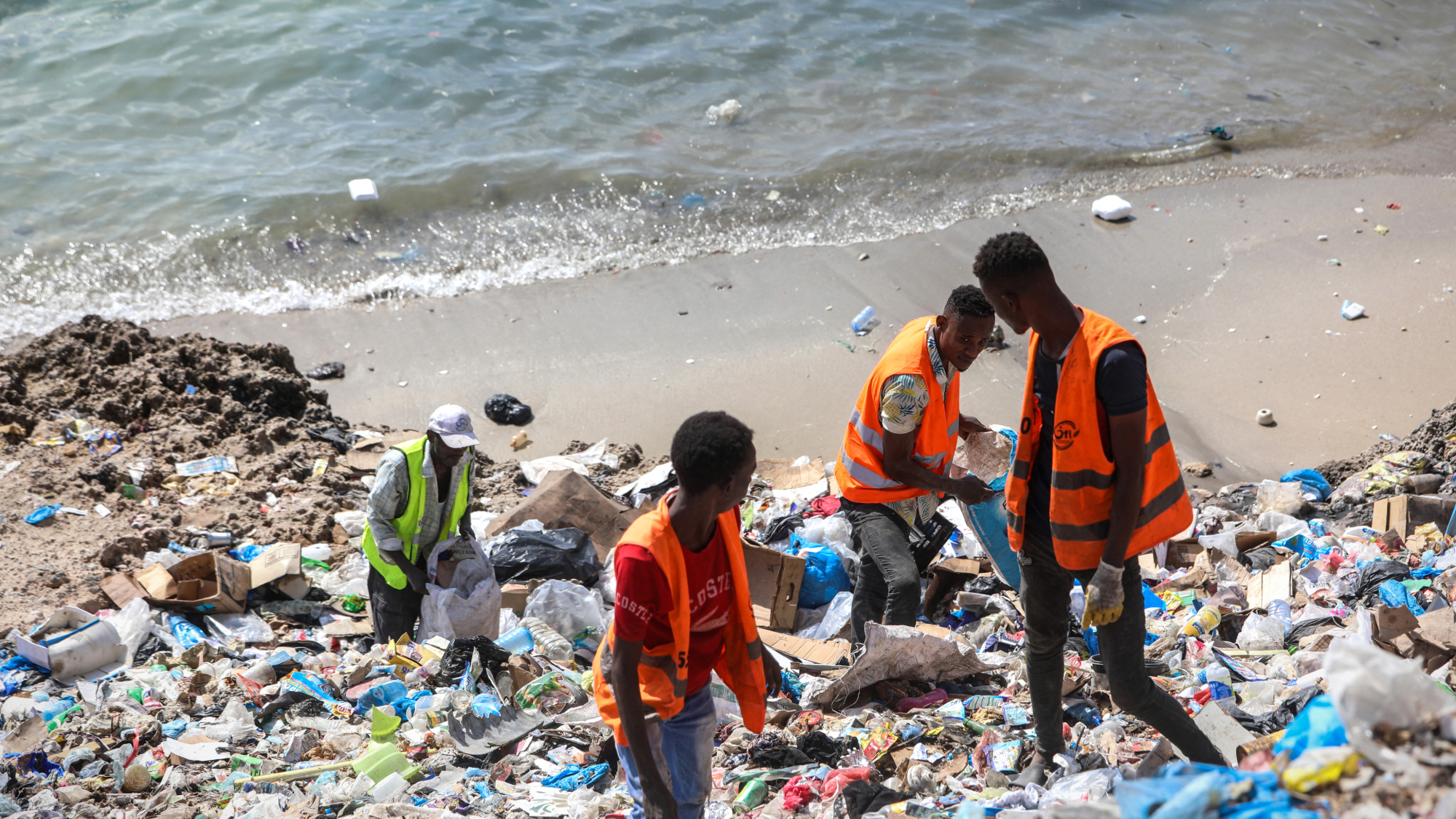 Global plastics summit starts as COP29 ends
Global plastics summit starts as COP29 endsSpeed Read Negotiators gathering in South Korea seek an end to the world's plastic pollution crisis, though Trump's election may muddle the deal
-
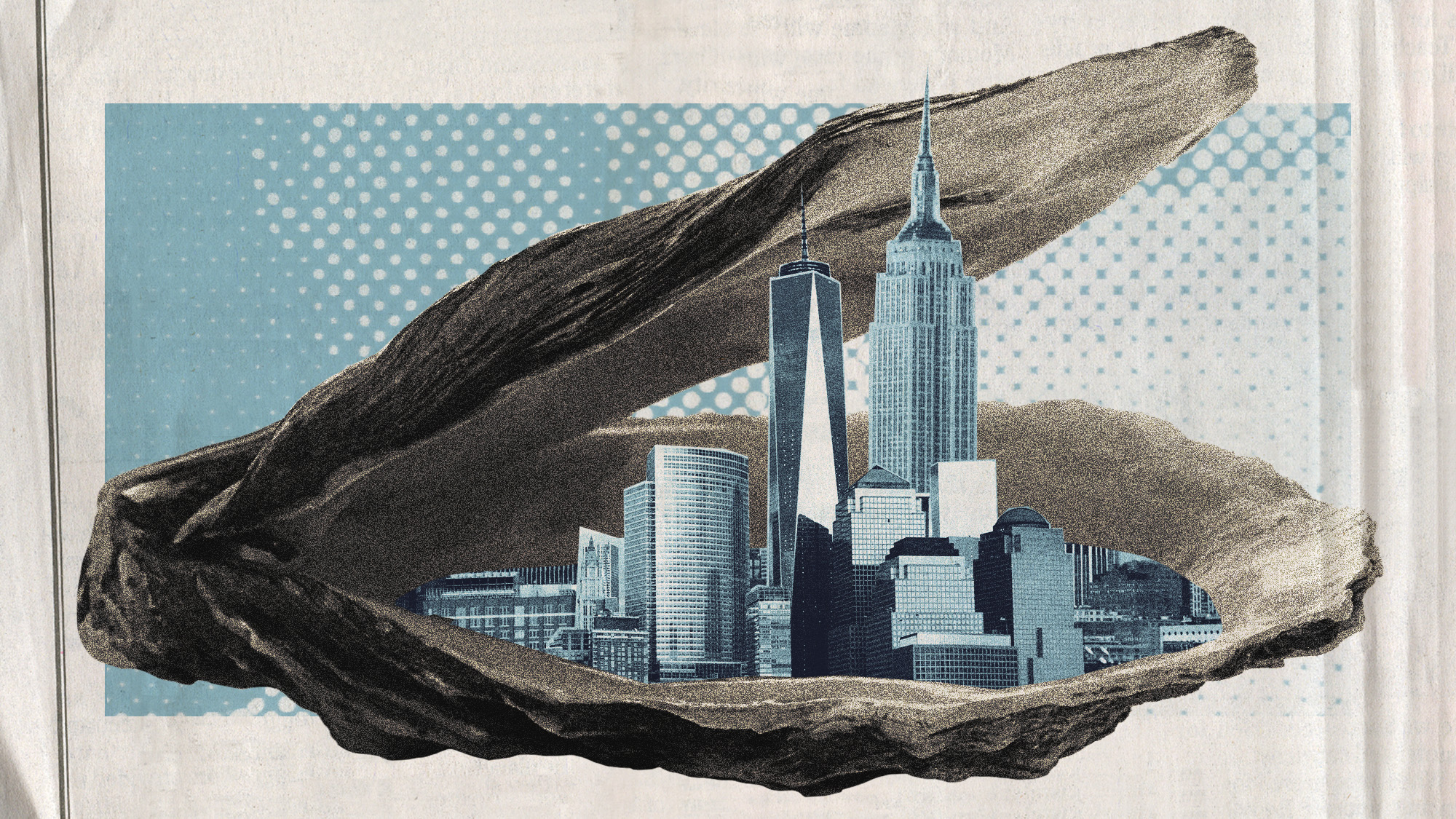 Oysters from New York's past could shore up its future
Oysters from New York's past could shore up its futureUnder the Radar Project aims to seed a billion oysters in the city's waterways to improve water quality, fight coastal erosion and protect against storm surges
-
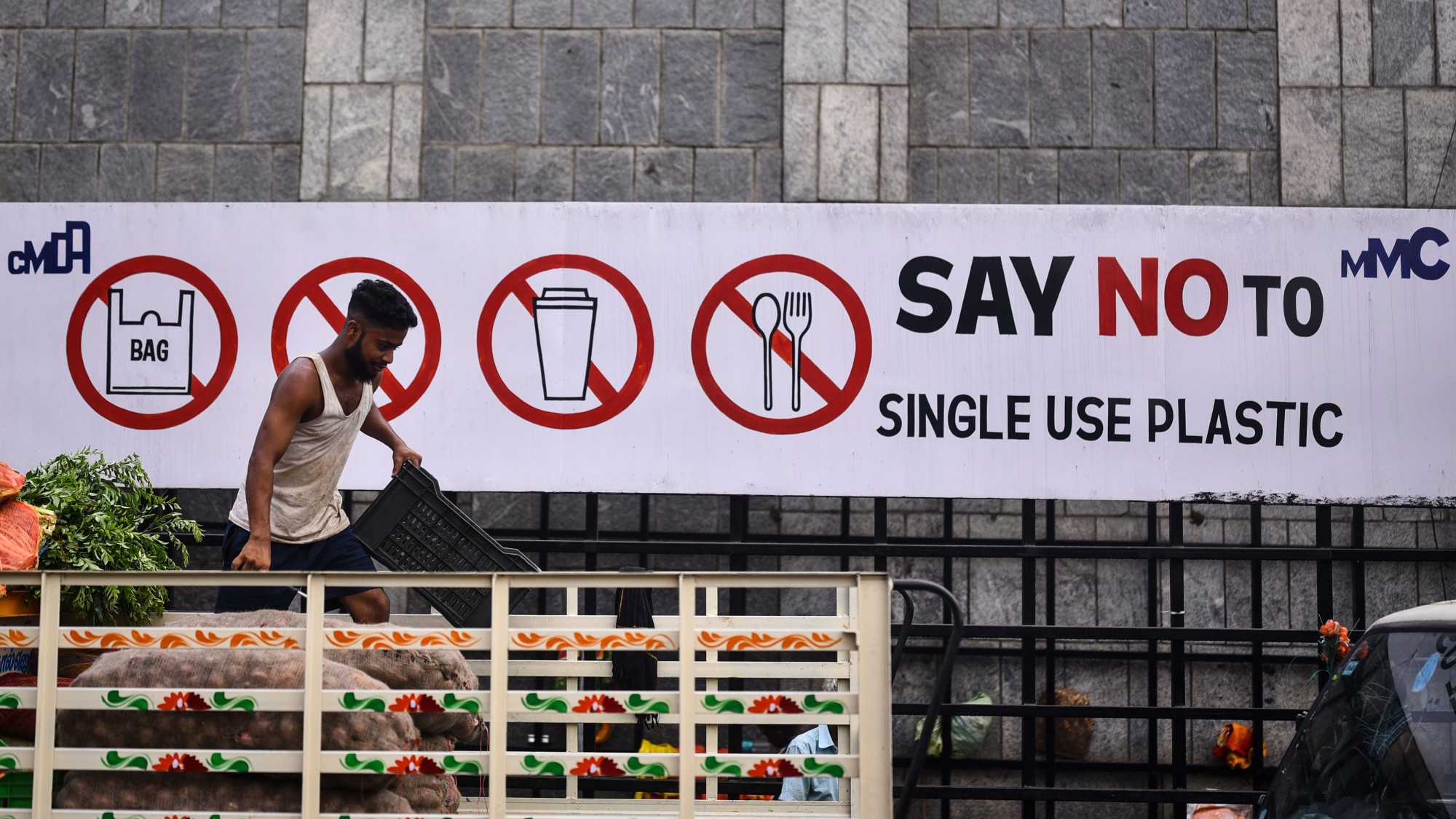 Mushrooms and urine – the strange solutions to our plastic problem
Mushrooms and urine – the strange solutions to our plastic problemThe Explainer Over 30% of plastics are single-use prompting imaginative alternatives